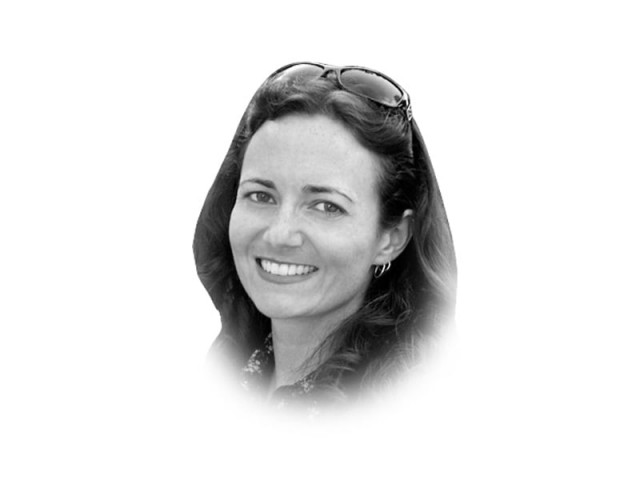Caring for Pakistan’s children
With so much negative news, it’s hard to get donors to help children in Pakistan, who pay the price for their rulers.

These days, it seems that caring for Pakistan’s children is too hard. Millions of children are homeless, hungry, and sick in lower Sindh, which was devastated by flooding over a month ago. But Pakistan is not on the world’s good side at the moment — Osama Bin Laden was discovered here. Media reports on suicide attacks and terrorist networks abound. Relations between the US and Pakistan have soured. With so much negative news, it’s hard to feel good about helping Pakistan. Our hearts go out to the downtrodden and helpless, not those who are tinged with violence and controversy.
But Pakistan’s children don’t know this. They don’t know that if they had been born in a different country, they might not be going to bed hungry. They don’t know that if they spoke Japanese or Creole, rather than Sindhi, they might be sleeping in a waterproof tent, rather than under a plastic sack strung between trees. And they don’t know that, if they had survived last year’s floods, rather than this year’s – they might have clean water to drink.
More than two weeks ago, the United Nations launched a $357 million appeal to provide life-saving relief to over 5.4 million people affected by the floods, including 2 million children. Last year, when a $460 million appeal was issued to help victims of the 2010 floods, 64 per cent of this amount was committed by international donors in 18 days. This year, only 14 per cent has been pledged so far.
For aid workers like myself, the ‘humanitarian imperative’ guides our work — this principle avows that it is the duty of the international community to provide humanitarian assistance wherever needed. Our job is to save lives and reduce suffering when disaster strikes. We are trying to do this in flood-ravaged lower Sindh. Both the government and the humanitarian community in Pakistan have provided food, water, shelter, and medical care to hundreds of thousands of people. Save the Children — the organisation I work for — has reached over 240,000 people in less than four weeks. Yet there are still hundreds of communities who have received no support, and aid agencies will run out of funding soon. What, then, for Pakistan’s children?
In some areas of lower Sindh, it will take months for the flood waters to recede. While they wait, those with livestock will sell off their goats and cattle one by one, for ten to 20 per cent of their value, so they can feed their families. The less fortunate families, those without such assets, will take loans from wealthy landlords, and fall further into debt. Their children will eat once a day, and often only flatbread. They will suffer from skin diseases and diarrhoea, and some will contract malaria. As children become more malnourished, their immune systems will weaken. Soon many will die.
With so much need in the world, we often become deaf to cries for help. But national governments and international donor agencies are not deaf — they read the reports, they know the numbers. And 5.4 million people is no small number — it is more than the populations of Norway, Ireland, and New Zealand. Yet unlike these countries, the 5.4 million people in Pakistan affected by the floods do not have savings accounts or insurance. Right now, most have only make-shift shelters, a few clay pots, and some dirty blankets, and with that they are trying to get by.
Pakistan will likely remain at the forefront of global controversy for some time to come. But its children should not have to pay the price for this. The children in lower Sindh are not militants or politicians. They are like your children — hopeful, genuine, and kind — and they deserve to survive as all children do.
Published in The Express Tribune, October 8th, 2011.













COMMENTS
Comments are moderated and generally will be posted if they are on-topic and not abusive.
For more information, please see our Comments FAQ